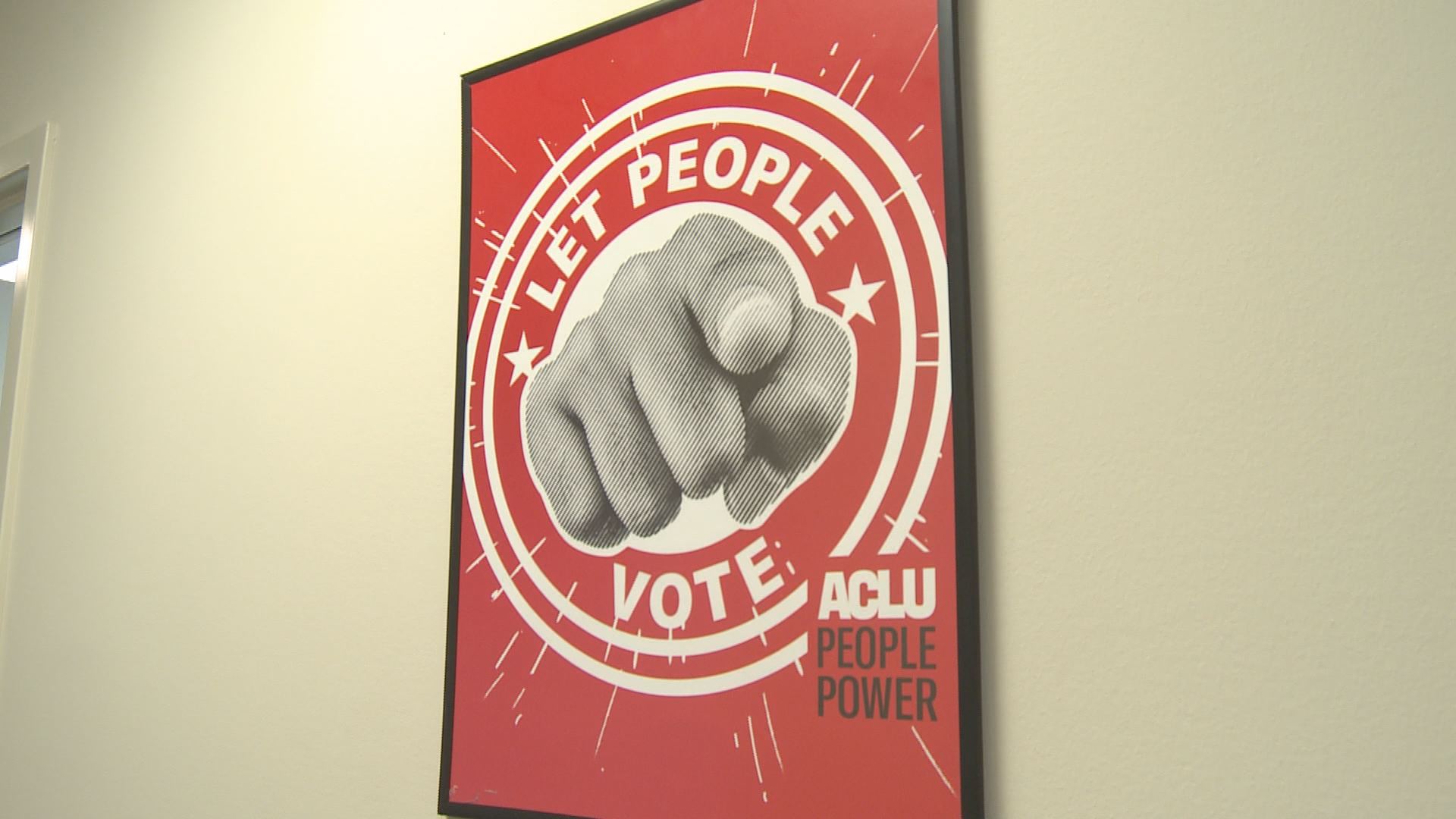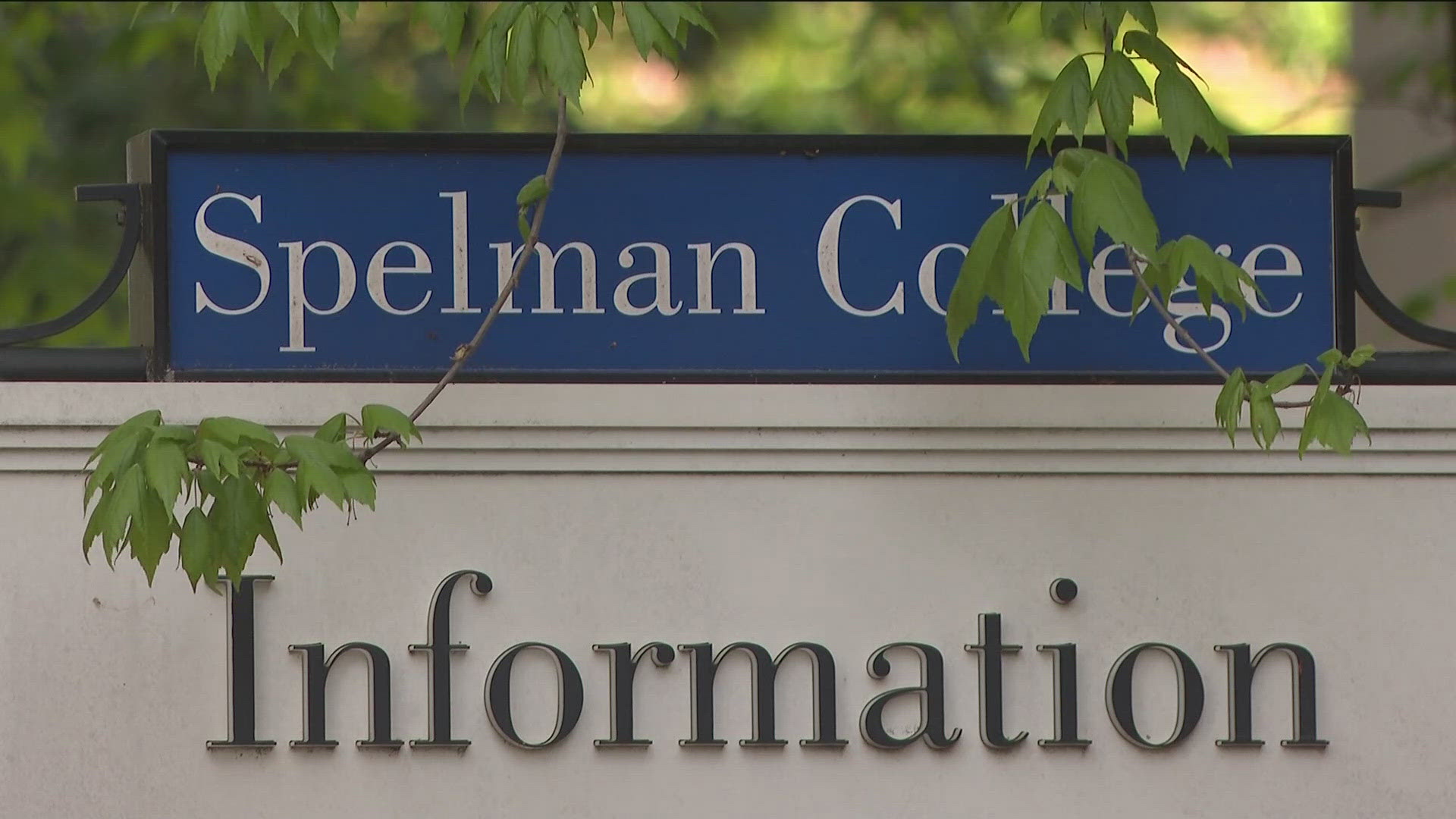The American Civil Liberties Union (ACLU) of Georgia is sending letters to state school districts reminding them of what constitutional rights students have ahead of the national school walkouts planned for Wednesday, March 14.
The executive director of the ACLU of Georgia Andrea Young said the letter is being sent in support of the students and their civic engagement.
Young suggested educators use these walkouts as a learning opportunity and allow students to exercise their rights as citizens.
Here are what students (and parents) should know about their constitutional rights before walking out of school on Wednesday:
1. Public school students have rights to freedom of speech and expression
The United States Supreme Court has long held that students do not 'shed their constitutional rights to freedom of speech or expression at the schoolhouse gate'.
Cites Tinker v. De Moines Sch. District, 393 U.S. 503, 506 (1069)
2. The U.S. Constitution prohibits viewpoint discrimination
The First Amendment prohibits school officials from engaging in viewpoint discrimination or punishing students because of their expression. Basically, the consequences a student faces when they decide to skip class to engage in protests (i.e. walkouts) should be the same as if a student decides to skip class to go to the mall.
3. Only 'material' or 'substantial' disruption may be punished
Schools can only punish speech or expression at school if these demonstrations directly interfere with other students' rights.
Cites Burnside v. Byars, 363 F. 2nd 744 (5th Cir. 1966); Tinker, 393 U.S. at 505 n.1
The ACLU stated that "it is not clear whether or not any of the classroom walkouts will have a 'material' or substantial disruption on school activities so it would be constitutionally questionable to preemptively and categorically punish such activity without evidence of material and substantial disruption."


